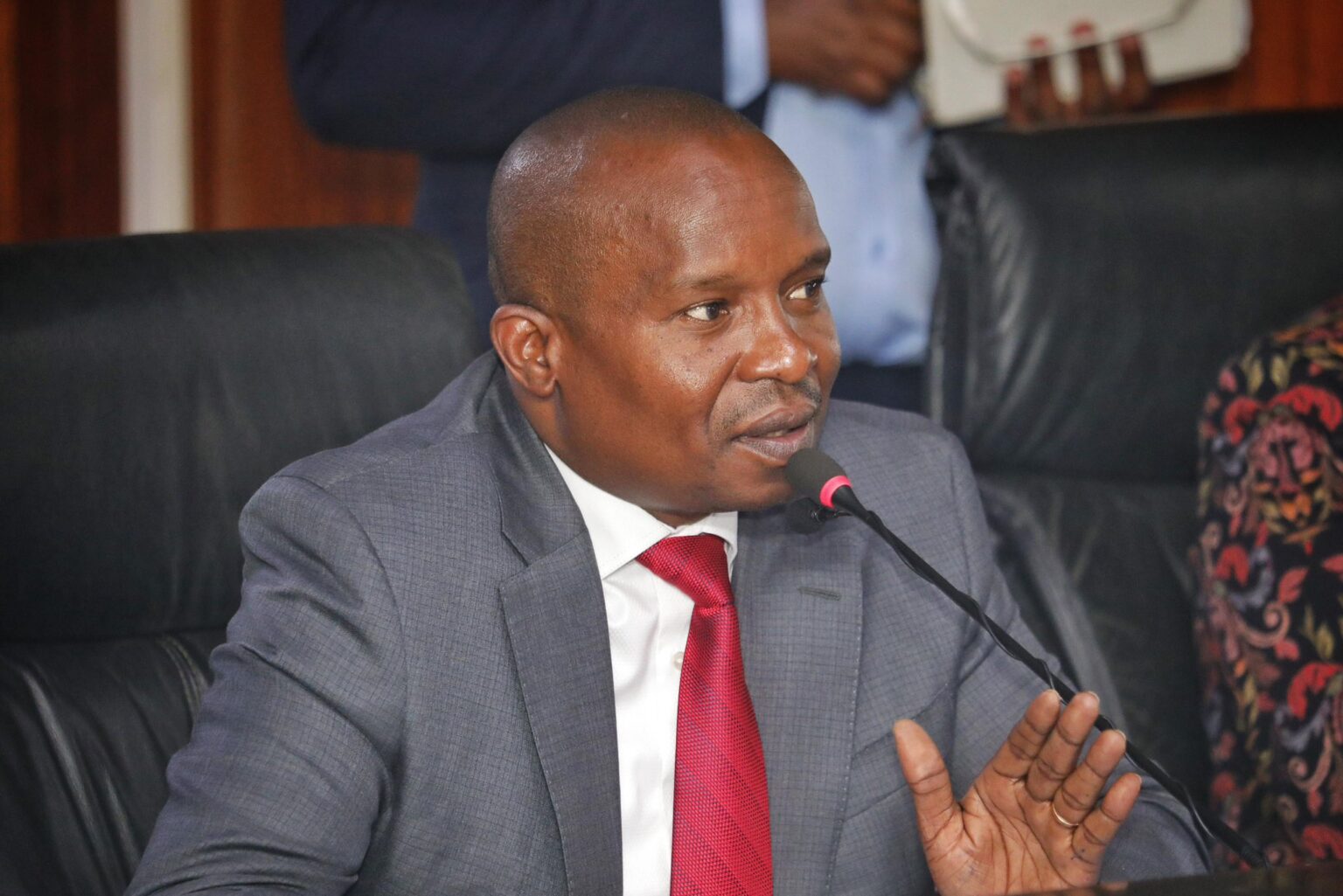- Kenya’s National Security Council is currently scrutinizing cybersecurity threats posed by TikTok.
- Lawmakers are citing data privacy, cybersecurity threats, and TikTok’s potential as a primary conduit for misinformation in their push to restrict its use in government-issued devices.
- Already, TikTok is accused of cases of abuses in Kenya, including identity theft, proliferation of fraud, and spreading sexually explicit content.
Authorities in Kenya are at a cybersecurity crossroads, contemplating joining Somalia to become the second African nation to enforce TikTok ban on government-issued devices.
This move, revealed by Cabinet Secretary Prof. Kithure Kindiki cites rising cybersecurity threats posed by social media platforms, notably TikTok, within the corridors of Kenya’s National Security Council (NSC).
The NSC’s concerns are not unfounded. Globally, TikTok, a video-sharing platform, faces heightened scrutiny over data privacy, cybersecurity threats, and its potential as a primary conduit for misinformation.
Already, countries such as Australia, Belgium, Canada, and the US have implemented restrictions or outright bans in TikTok targeting government devices, primarily to shield sensitive information from potential espionage and or misuse.
TikTok ban already in force in China, US and other countries
In Kenya, the discourse has been ignited by inquiries from lawmakers, such as Kuria East’s Marwa Gitayama, who cited the incongruity of Kenyan public officials, who are custodians of critical state secrets, engaging freely on TikTok.
“People holding critical government information are on TikTok. Is there a government policy regarding the use of social media platforms by government officials? China, where TikTok originated, has banned the use of TikTok. In the US, 34 out of 54 States have prohibited government officers from using the TikTok App on their phones. Are Kenyan government officials required not to have this App on their phones?” he questioned.
These concerns are further amplified by TikTok’s Chinese origin, a country that itself prohibits TikTok use, raising concerns on the safety and integrity of user data.
“We are currently dealing with this matter of TikTok as the NSC. As you know, the Interior Ministry coordinates cybersecurity programs on behalf of the country. We, as the National Police Service (NPS) and National Intelligence Service (NIS), are working with the Ministry of Defence and that of ICT to guard our cyberspace from internal and external threats,” the CS told legislators.
The potential risks associated with TikTok are not merely hypothetical. Prof. Kindiki cited several abuses that have been perpetrated via the platform, including identity theft to the proliferation of fraudulent schemes and sexually explicit content.
TikTok accused of fraud, spreading explicit content
“TikTok platform has been used by criminals to spread malicious propaganda, steal popular accounts through identity theft and impersonation, conduct fraud by duping Kenyans into fake forex trade and fake job recruitment, and distribute sexual content and images through its live feature. These risks have caused distress among users, and exposed minors to inappropriate content,” Prof. Kindiki revealed.
These abuses not only compromise user safety but also erode social cohesion, making the platform a vector for societal discord.
To counter these challenges, the Kenyan government is exploring mechanisms to enforce TikTok’s compliance with the Data Protection Act, 2019. This law serves as a guard against the potential misuse of personal data, ensuring that platforms such as TikTok adhere to strict data privacy standards.
Last year, Prof. Kindiki took action against World Coin, suspending the US firm’s crypto project as stakeholders raised concerns about data protection and privacy.
The discussion around TikTok’s ban in Kenya occurs against a backdrop of a global reevaluation of social media’s role and influence. Across economies, the proliferation of digital platforms has steadily transformed communication, offering unparalleled opportunities for creativity, community building, and commerce.
However, policymakers are finding themselves at a crossroads, as these benefits are juxtaposed with huge risks, especially when these platforms turn into vehicles for harmful content, data breaches, and cybersecurity vulnerabilities.
“This matter is so complex, so consequential that it is not easy to look in one direction and decide whether to ban TikTok or not. The petition raises very grave issues. The issues are at the heart of the security and safety of our people,” explained Prof. Kindiki.
Read also: TikTok Kenya office to moderate content, run Africa operations
Kenya’s TikTok ban in the age of digital vigilance
Kenya’s contemplation of a TikTok ban rhymes with a broader discourse on the need for digital vigilance and the protection of national security in the information age. Any policy decision to restrict TikTok’s use among government officials in Kenya will not only set a precedent in the country’s cybersecurity space but also contribute to the global conversation on digital governance, privacy rights, and the evolving role of social media in public life.
What’s more, a ban on TikTok will equally spark far-reaching implications for the freedoms of public officials in Kenya, besides the broader societal engagement with digital platforms.
Overall, across the world, short-video platform TikTok is fighting accusations of threats to national security, data privacy, and the potential for spreading misinformation as authorities kick it out of government-issued devices.
While effecting a prohibition on TikTok in 2020, India cited national security concerns, a decision that saw tensions with China heighten at that time. In 2018, authorities in Indonesia temporarily banned TikTok accusing the platform of inappropriate use of content.
In Italy, TikTok was temporarily blocked for users whose age remained fuzzy following the death of a young girl who was participating in a viral challenge on the app.
